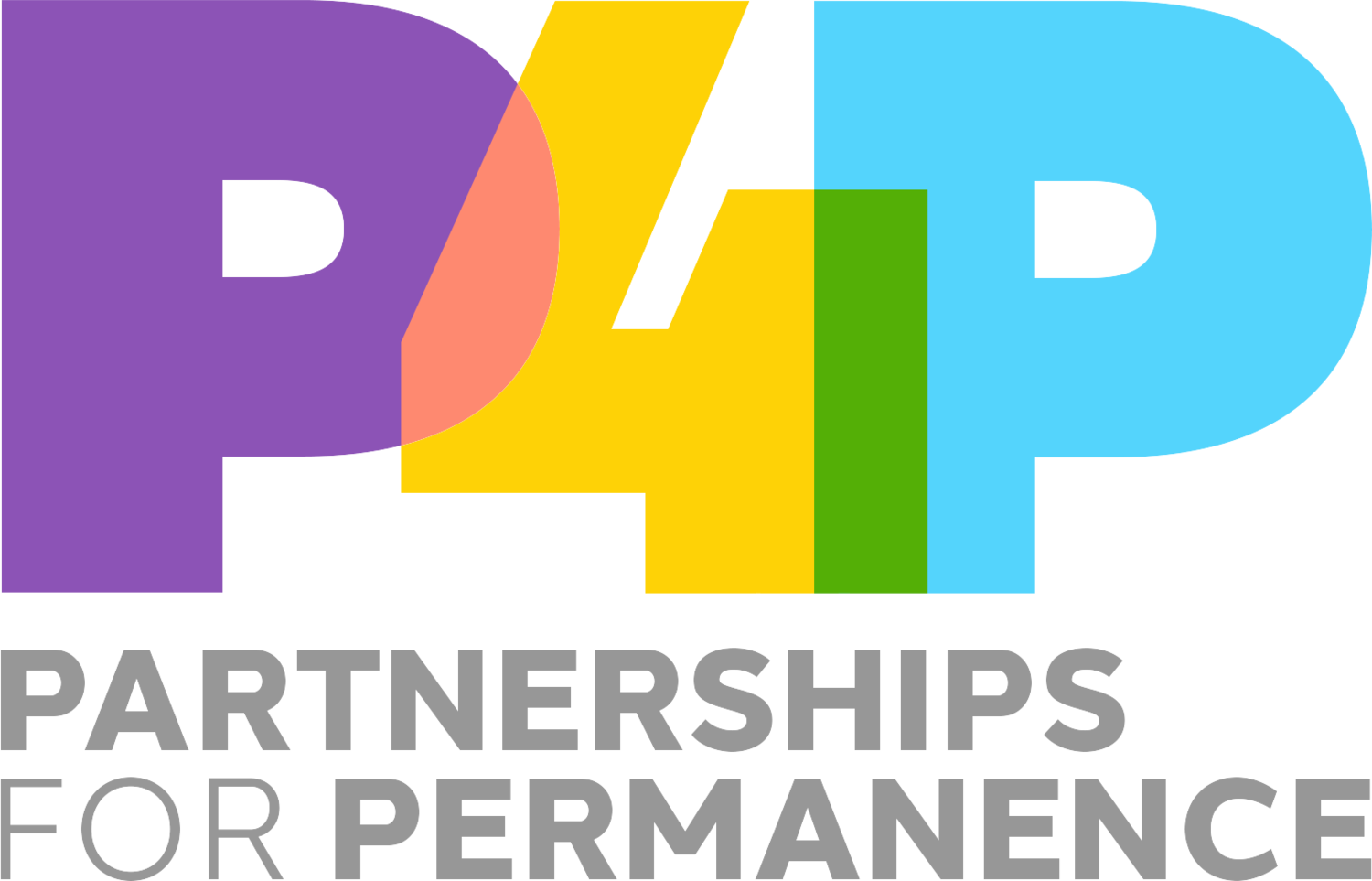Ma’ Khia Bryant: Mental Health Gaps in Foster Care and its Consequences.
Written by: Helen Holt, P4P Former Board Member
May is Mental Health Awareness month. This is a time where we use the spotlight on this much-neglected issue to fight stigma, provide support, educate the public and advocate for policies that support people with mental illness and their families.
Each year millions of Americans face the reality of living with a mental illness. This reality intersects with children and young people in the child welfare system. The publicized story of Ma’Khia Bryant reveals the gaps in foster care for its most vulnerable persons.
There are alot of political and racially-charged questions being asked of the fatal police shooting of 16-year-old foster youth Ma’ Khia Bryant in Columbus, Ohio on April 20 of this year. Ma’ Khia’s death has since triggered many questions, questions that many are demanding to be answered:
1) The legal system is being asked the question of who is criminally at fault.
2) The court system is being asked the question of who is legally at fault.
3) The social justice system is being asked the question of who is morally at fault.
This discussion is asking a different set of questions, questions that also need answers. As a mental health professional and advocate, I look at outcomes from a family systems perspective. Ma’Khia being in the foster care system at the time of her death cannot just be a footnote. There is- and was- a serious deficiency of support and advocacy for the young 16-year-old whose life was cut tragically short.
Why is this important?
From a family systems and developmental perspective, no individual exists in a vacuum. Relationship and family dynamics have an ongoing impact on child development. Our sense of personal identity is shaped by our experiences and interactions with others, and it is this identity that helps guide our actions, beliefs, and behaviors as we age.
Mental Health: the pink elephant in the room
The one aspect in this scenario that has been overlooked is the mental health condition of the two older foster girls, Tionna and Shai-Onto Lana, both who have aged out of the foster care system. Why did one of them grab a knife? Why were they so easy to become lethally confrontational with Ma’Khia over house chores? What is going on in their lives in foster care (and before foster care} that contributed to their current state of mind?
Mental Health Gaps in Foster Care
Earlier this year, Ohio Medicaid Director Maureen Corcoran is quoted as saying "The current system is at a breaking point" when referring to Ohio’s services for children with complex mental health needs — a group that substantially overlaps with the foster care population. Ohio governor DeWine's $1 billion initiative to improve the situation, unfortunately, will come too late for Ma'Khia.
This “breaking point” isn’t just in Ohio. It is in the state of Minnesota and in states across the nation. Attention and resources to meet children’s/teen’s mental health needs, spanning everything from PTSD to schizoaffective disorders, are absent and long overdue in every state.
In counseling, a practitioner cannot accurately assess without identifying the context of a situation. A systemic view of foster families, therefore, provides explanations regarding a foster child’s psychosocial development in the context of the family. In many cases, while the biological family of the foster youth may not be physically present, they often have an impact on the child and/or teenager.
In addition, young people in foster care are affected by the new family system they are joining. Considering the reality that foster youth are removed from their biological and/or foster families and are placed in a new home context, the experiences of change, loss, and adjustment challenge equilibrium in these families are real life experiences.
According to systems theory, foster youths’ entrance and exits out of families throw off the foster families’ equilibrium. When foster youth leave one family system and enter another system they must learn new ways of adapting. When these dynamics are ignored, in conjunction with ignoring mental health needs, outcomes such as Ma’Khia’s should be of no surprise.
Moving forward
Let’s imagine for a minute that this situation never happened and Ma’Khia is still alive. Now let’s fast forward three years.
Young Ma’Khia is now 19. She has aged out of the foster care system. What will happen to her now? If Ma’Khia lived to reach adulthood, the statistics show that the average outcome for someone in her situation does not look promising:
1-in-5 of youths aged out of the foster care system are homeless.
Only 58 percent graduated high school by 19 (compared with 87 percent of all 19-year olds).
1 in 4 former foster care youth are involved in the criminal justice system within 2 years of leaving care
One thing that I find from doing volunteer work over many years is that the biggest underlying challenge that young people like Ma’Khia (and those who age out of foster care) are facing is mental health issues. Most youths do not have any mental health support for their traumas from both their family of origin and foster care.
We don’t know what experiences Ma’Khia and the other young women in foster care have been through that contributed to this situation. We can, however, safely assume that if Ma’Khia had lived, she could have easily been caught up in legal issues that followed her into adulthood. Psychological trauma from being in foster care often goes untreated and then we look to the criminal justice system to pick up the pieces-a role it was never designed to do.
Our Work at Partnerships for Permanence
Young people like Ma’Khia are what emboldens me to write about this. Ma’Khia inspires me to continue my work with Partnerships for Permanence (P4P) that offers a multi-faceted system of support for foster youth (18 and older) exiting the system and transitioning into adulthood.
One aspect of P4P I’m really proud of is our mental health peer support group. P4P also connects young people with affordable mental health resources. P4P gives a voice to young people affected by the foster care system through our leadership program, creating the next generation of young leaders that use their skills to influence child welfare policy.
We welcome you to support our work. Your support empowers us to honor our pledge to:
Commit to sustainable investments and partnerships with foster and adoptive young leaders.
Expand our leadership training and mentoring programs to serve more young people in Minnesota.
Expand our community engagement efforts to help increase the number of foster and adoptive families.










